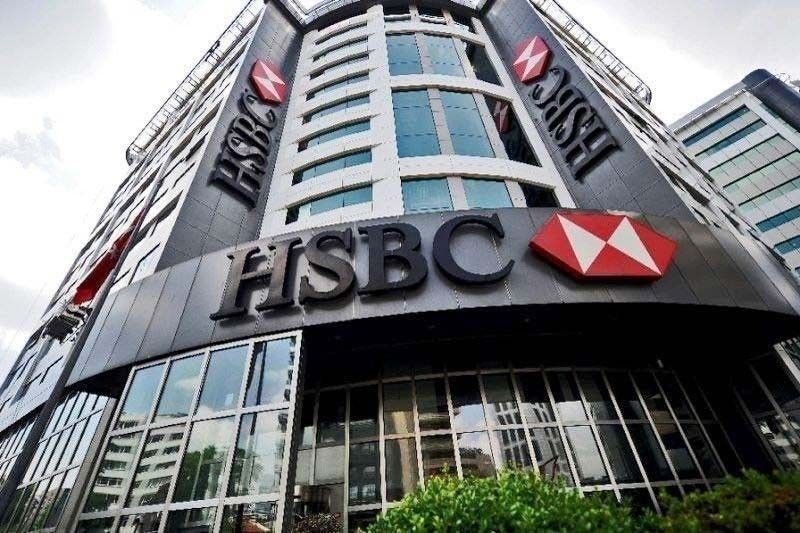Multinationals bullish on Philippines operations – HSBC

MANILA, Philippines — More multinational companies are looking at setting up shops or expanding their operations in the Philippines, touted as “Asia’s Rising Tiger,” according to the results of a survey conducted by British banking giant HSBC.
The results of HSBC’s Global Connections Survey showed that the Philippines is a key target of foreign businesses seeking to enter and expand in Southeast Asian markets.
According to the survey results, about 21 percent of the respondents are planning to establish a presence in the Philippines in the next two years, while 19 percent of international businesses already operating in the country plan to expand their operations.
“These findings confirm what we have been seeing from our own customers: that businesses around the world are increasingly confident about scaling up in Southeast Asia, especially the Philippines,” HSBC Philippines president and CEO Sandeep Uppal said.
“We are on fertile ground and as excited as our clients about the growth prospects of the Philippines and in Southeast Asia and focused on connecting local and international businesses in this dynamic region to opportunities across the globe,” Uppal said.
He said Southeast Asia is clearly an attractive manufacturing base, with increasingly advanced supply chains and a highly skilled workforce attracting global firms to the region.
“But the consumer story is also one to watch for international businesses as digital adoption and domestic spending power grow. This is particularly true in Philippines as the country stands out because of three ‘Gs’ – growing economy; growing population; and growing trade liberalization,” Uppal said.
According to HSBC, the Philippines appeals to international businesses on both the supply and demand side with its young, English-speaking workforce as well as a growing consumer sector.
The bank added that competitive wage prices and the opportunity to develop and test new products and solutions ranked equally as the key drivers for business expansion, with 28 percent of firms with operations in the Philippines selecting each attribute.
Likewise, labor costs in the Philippines are particularly attractive to companies based in India and the Gulf Cooperation Council (GCC) countries, with 36 percent of the respondents in each country selecting this.
Chinese and US companies, meanwhile, are especially interested in the ability to test new products, as highlighted by 33 percent of each group.
On the other hand, HSBC said macro-economic challenges and the impact of cultural differences are tied as the top challenges reported by multinational firms conducting business in the Philippines, with 31 percent of decision makers respectively identifying each of these as a particular problem faced by their business.
While 26 percent of international businesses operating in the Philippines recognize the growing digital economy as particularly attractive, HSBC said a comparatively low 29 percent of foreign companies with exposure to this market expect substantially increased economic growth through technology in the next 10 years.
On sustainability, the survey revealed that 40 percent of business operating in the Philippines picks climate change and improving human rights as the most important issues to address.
Repeating the regional findings, 45 percent of businesses with operations in the Philippines are reviewing the sustainability credentials of their suppliers making this the top priority on the sustainability agenda.
With biodiversity concerns coming to the fore, nature-positive supply chains are a focus for 43 percent of respondents, ranking equally with reviewing the use of energy, plastic and water resources.
- Latest
- Trending





























